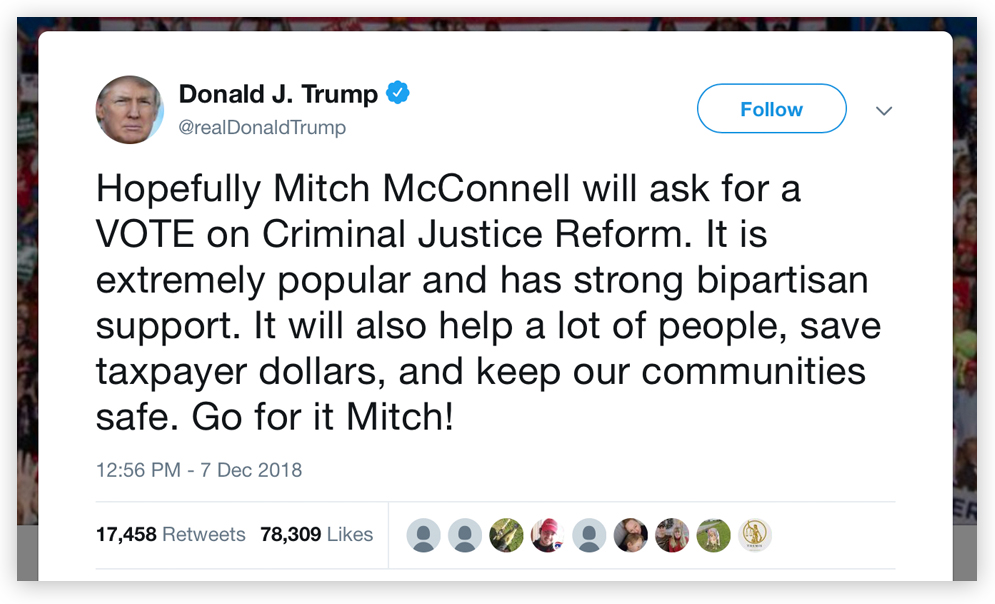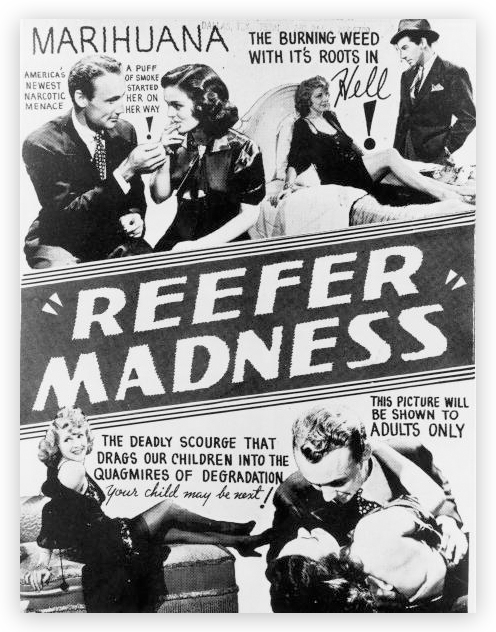We post news and comment on federal criminal justice issues, focused primarily on trial and post-conviction matters, legislative initiatives, and sentencing issues.

TOLD YOU SO
 When Bureau of Prisons Director Colette Peters appeared for her first oversight hearing with the Senate Committee on the Judiciary about 51 weeks ago, it was an hour and a half on the Love Boat. But it’s now clear after the beating she suffered at the Committee’s hands two days ago that her ship is taking on water and the pumps can’t keep up.
When Bureau of Prisons Director Colette Peters appeared for her first oversight hearing with the Senate Committee on the Judiciary about 51 weeks ago, it was an hour and a half on the Love Boat. But it’s now clear after the beating she suffered at the Committee’s hands two days ago that her ship is taking on water and the pumps can’t keep up.
Last October, I cited the friendly advice Director Peters received from the Committee about questions from legislators. I wrote
Finally, something even Peters acknowledged to be a cautionary tale: Sens Grassley, Cotton and Jon Ossoff (D-GA) all complained to her that various letters and requests for information they have sent to the BOP have gone unanswered, sometimes for years. This was a failing that former BOP Director Carvajal was beaten up with during his tenure. Not answering the mail from pesky Senators and Representatives may seem like a small thing to BOP management – it certainly has gone on for years – but if Peters wants the Judiciary Committee lovefest to go on, she should not let her staff anger Congress over something so easily corrected. Carvajal was regularly lambasted for similar failings. Peters should profit from his example.
Alas, Director Peters does not appear to be a regular reader of this blog, because she chose not to profit. The results were predictable: When she sat in front of the Committee two days ago, Peters was lambasted by friend and foe alike for a continuation of the BOP’s sorry habit of secrecy. Written questions submitted by Committee members a year ago remain unanswered, and all she could offer the senators was a milquetoast explanation that those answers must go through a “review process” and that she was as frustrated as the Committee was.
C’mon, Colette. Who’s “reviewing” these questions, most of which call for a simple factual response? (Examples from Wednesday: How many males-turned-transgender-females have been placed in federal women’s prisons? How many COs are employed by the BOP?) Providing these answers is not rocket surgery. The numbers are the numbers. How much ‘review’ of the numbers is needed?
 The hearing was painful. Many of the senators seemed more concerned with scoring political points on crime and LGBTQ issues than about issues broadly important to the BOP. And Director Peters seemed woefully unprepared, relying on a series of “talking points” unresponsive to the questions she should have expected. It’s as if she brought a knife to a gunfight.
The hearing was painful. Many of the senators seemed more concerned with scoring political points on crime and LGBTQ issues than about issues broadly important to the BOP. And Director Peters seemed woefully unprepared, relying on a series of “talking points” unresponsive to the questions she should have expected. It’s as if she brought a knife to a gunfight.
The Associated Press wrote that Peters
was scolded Wednesday by members of the Senate Judiciary Committee who say her lack of transparency is hampering their ability to help fix the agency, which has long been plagued by staffing shortages, chronic violence and other problems. Senators complained that Colette Peters appears to have reneged on promises she made when she took the job last year that she’d be candid and open with lawmakers, and that ‘the buck stops’ with her for turning the troubled agency around.
After an hour and a half of senatorial belly-aching about being ghosted by Director Peters, Sen. Richard Durbin (D-IL), chairman of the Committee and as much a fan of Director Peters as he was a nemesis to former Director Carvajal, admonished her, “Senators take it very personally when you don’t answer their questions. More than almost any other thing that I would recommend I’d make that a high priority.”
Committee questions careened from the sublime to the absurd. Durbin observed that the Committee largely agreed that the BOP “needs significantly more funding” for staffing and infrastructure needs, including a $2 billion maintenance backlog. Peters told the Committee the BOP was studying how to reduce reliance on restrictive housing – read “solitary confinement” – and studying how other prison systems handle the issue.
 She also reported that the BOP had increased new hires by 60% and reduced quitting by 20%. Nevertheless, the agency still only has 13,000 correctional officers where 20,000 are needed, and it still relies on “augmentation,” using non-COs to fill CO shifts. Sen. Tom Cotton (R-AR), a professional inmate-hater who wants to increase inmate populations while excoriating the BOP for being unable to manage the load with too little money and too few staff, complained that Peters had hired too few COs (the “meat eaters,” he called them) while bringing on too many non-COs (whom he derisively called “leaf eaters”).
She also reported that the BOP had increased new hires by 60% and reduced quitting by 20%. Nevertheless, the agency still only has 13,000 correctional officers where 20,000 are needed, and it still relies on “augmentation,” using non-COs to fill CO shifts. Sen. Tom Cotton (R-AR), a professional inmate-hater who wants to increase inmate populations while excoriating the BOP for being unable to manage the load with too little money and too few staff, complained that Peters had hired too few COs (the “meat eaters,” he called them) while bringing on too many non-COs (whom he derisively called “leaf eaters”).
Cotton invited Peters to accompany him on an inspection of FCC Forrest City, an invitation she accepted with a pained smile. Spending a day with Tom Cotton, the man who tried to blow up the First Step Act… almost as nice as a root canal without novacaine.
Other senators complained that the Mexican cartels might be obtaining blueprints for BOP facilities, that transgender females were being placed in BOP female facilities and sexually terrorizing female inmates (with very little said about BOP staff sexually terrorizing female inmates), and that the BOP decided that people on CARES Act home confinement were allowed to stay home (a decision made by the Dept of Justice, not the BOP).
Sen. Sheldon Whitehouse (D-RI) invented a new word: “recidivation.” Sen. Ted Cruz (R-TX) chastised Peters for not having the facts he wanted to hear at her fingertips. Sen. Lindsey Graham (R-SC) led a Republican charge against BOP transgender policy, with more than one senator suggesting that transgender inmates number in the thousands. He also became testy when Peters failed to provide specifics about how the BOP is combatting the use of contraband phones by inmates.
Sens. Amy Klobuchar (D-MN), Thom Tillis (R-NC) and Jon Ossoff (D-GA) asked pointed but thoughtful questions. Ossoff suggested what many have long believed, that the institution audits required by the Prison Rape Elimination Act are meaningless paper exercises. As for BOP staffing, Tillis candidly observed that hiring more COs “is our job as well as yours.”
 Ossoff perhaps best summarized the flavor of the hearing when he warned Peters: “You’ve now been in the post for about a year and Congress expects results.”
Ossoff perhaps best summarized the flavor of the hearing when he warned Peters: “You’ve now been in the post for about a year and Congress expects results.”
Senate Committee on the Judiciary, Oversight of the Federal Bureau of Prisons (September 13, 2023)
Associated Press, Senators clash with US prisons chief over transparency, seek fixes for problem-plagued agency (September 13, 2023)
– Thomas L. Root



















